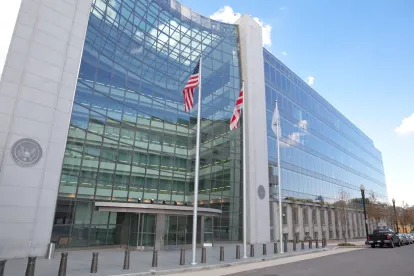As we continue to monitor the SEC’s enforcement activity during this pandemic, it is also important to look ahead to potential future enforcement trends and priorities once a sense of normalcy returns. One initial thing that comes to mind is the looming prospect of investigations and litigation stemming from outsized investment losses. While COVID-19 may be novel, we have been down this path in recent memory in the wake of the dotcom crash, 2008 financial crisis, the October 2014 flash crash, VIX spikes, etc. Volatile market events occur, investors lose money, and then lawsuits are filed and investigations are launched. In fact, we are already beginning to see some examples of this in the COVID-19 context.
While disruptive market events may cause significant losses, for which investors seek recovery and regulators probe potential wrongdoing, registrants will continue to argue that not every large investment loss is the result of misconduct. We have represented clients making this argument, and we have found that many cases often turn on the strength of disclosures and adherence to those disclosures. Where registrants are able to point to clear disclosures regarding risks, latitude in making investment decisions, portfolio composition, etc., and can also demonstrate that actions were taken consistent with such disclosures, it can be difficult for plaintiffs and regulators to credibly claim and prevail on allegations of wrongdoing.
On April 2, 2020, SEC Chairman Jay Clayton released a statement that noted, in relevant part, that he “expect[s] the Commission and the staff will take the firm-specific effects of such unforeseen circumstances (and related operational constraints and resource needs) into account in our examination and enforcement efforts.” This does not mean that litigation and investigations won’t be commenced in the first place. It does, however, suggest that registrants who are able to demonstrate that their actions during this challenging time were risk appropriate and disclosure-consistent may be in the best position to argue that investor losses were the result of a truly novel pandemic, as opposed to registrant wrongdoing.



 />i
/>i
